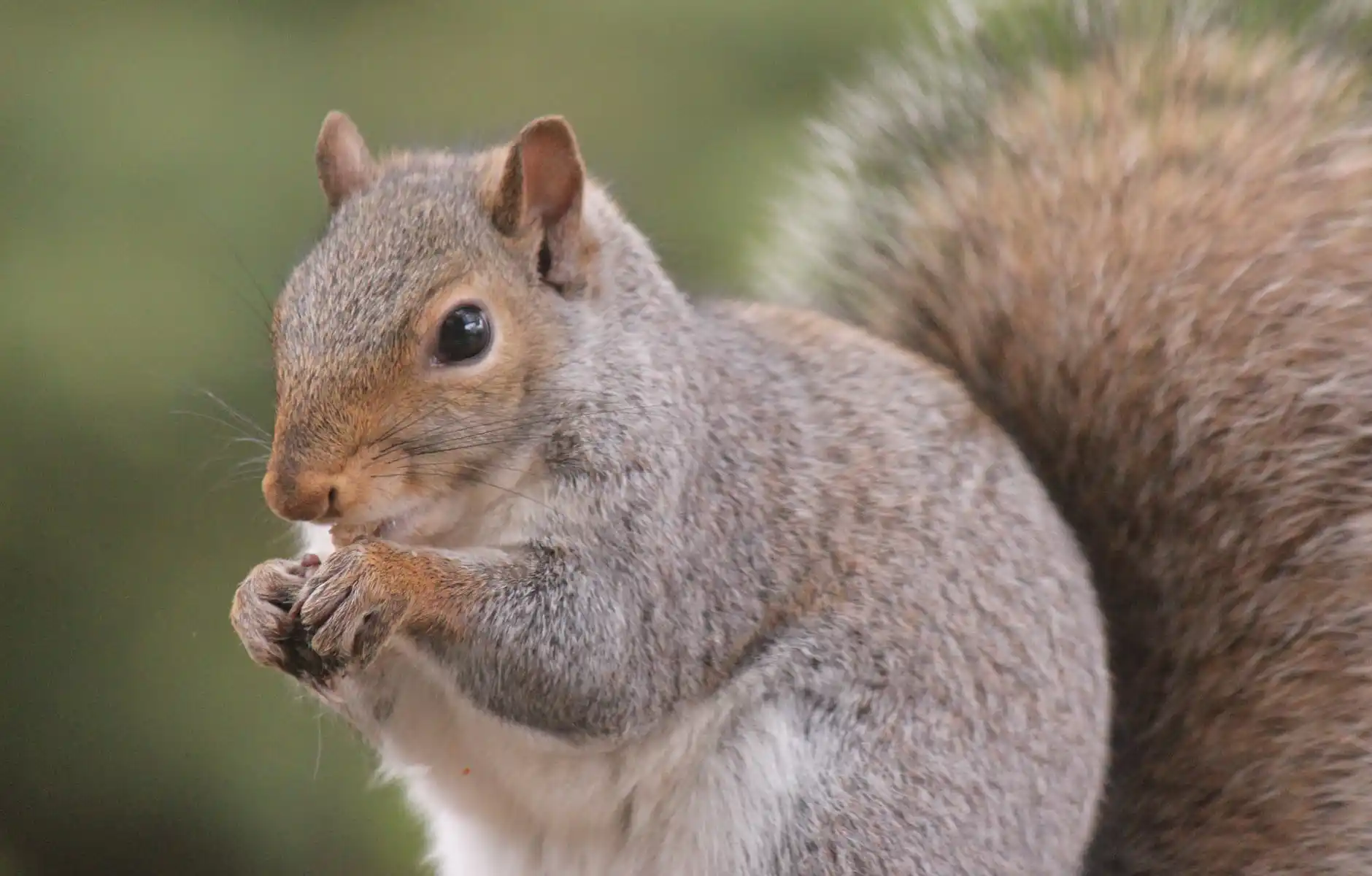A groundbreaking study published in the Journal of Ethology has unveiled unexpected predatory behavior in California ground squirrels, animals traditionally regarded as harmless nut gatherers. The research documented these squirrels actively hunting voles in Briones Regional Park, California, during the summer months.
Out of 74 interactions observed between squirrels and voles from June to July, 42% involved active predation. The squirrels were seen ambushing their prey, chasing them, and delivering fatal neck bites. This behavior challenges the long-standing perception of squirrels as primarily herbivorous.
Jennifer E. Smith, an associate professor at the University of Wisconsin-Eau Claire, led the study, which marks the first evidence of widespread active hunting among ground squirrels. Co-author Sonja Wild, a postdoctoral researcher at the University of California, Davis, admitted initial skepticism when undergraduate students first reported the behavior. However, after witnessing it herself, she confirmed its validity.
The peak of carnivorous activity occurred in early July, coinciding with a surge in the vole population, as noted through sightings reported on the iNaturalist app. While it is known that some squirrel species consume meat opportunistically, this study underscores their adaptability and resourcefulness in response to environmental changes.
Researchers drew comparisons between these squirrels and other species, such as raccoons and hyenas, which have also adapted their feeding strategies over time. This discovery sheds light on the behavioral flexibility of wildlife, highlighting how animals can modify their habits to survive in changing ecosystems.
The study offers a fresh perspective on the dietary habits of ground squirrels, challenging assumptions about their role in the ecosystem and opening new avenues for research into animal behavior.










